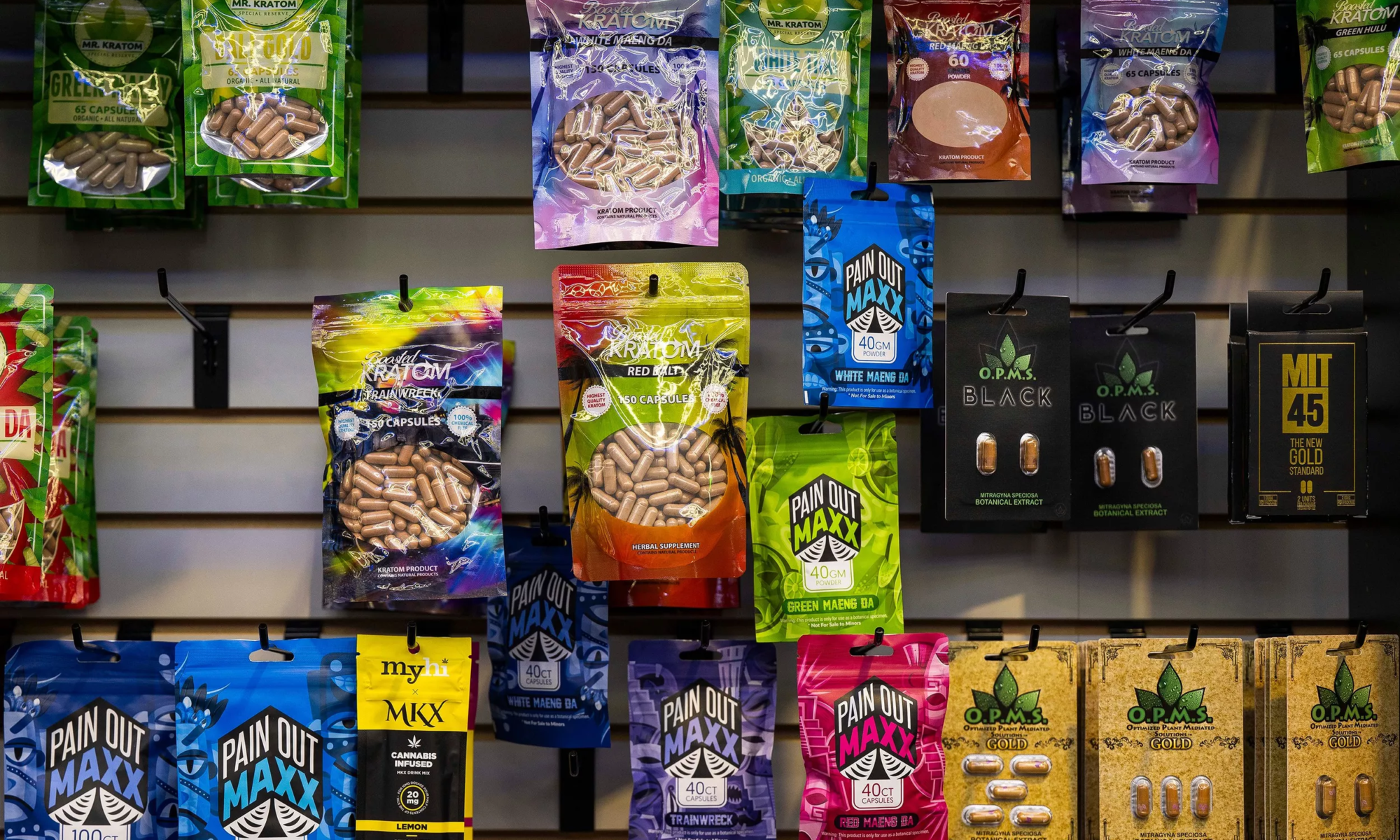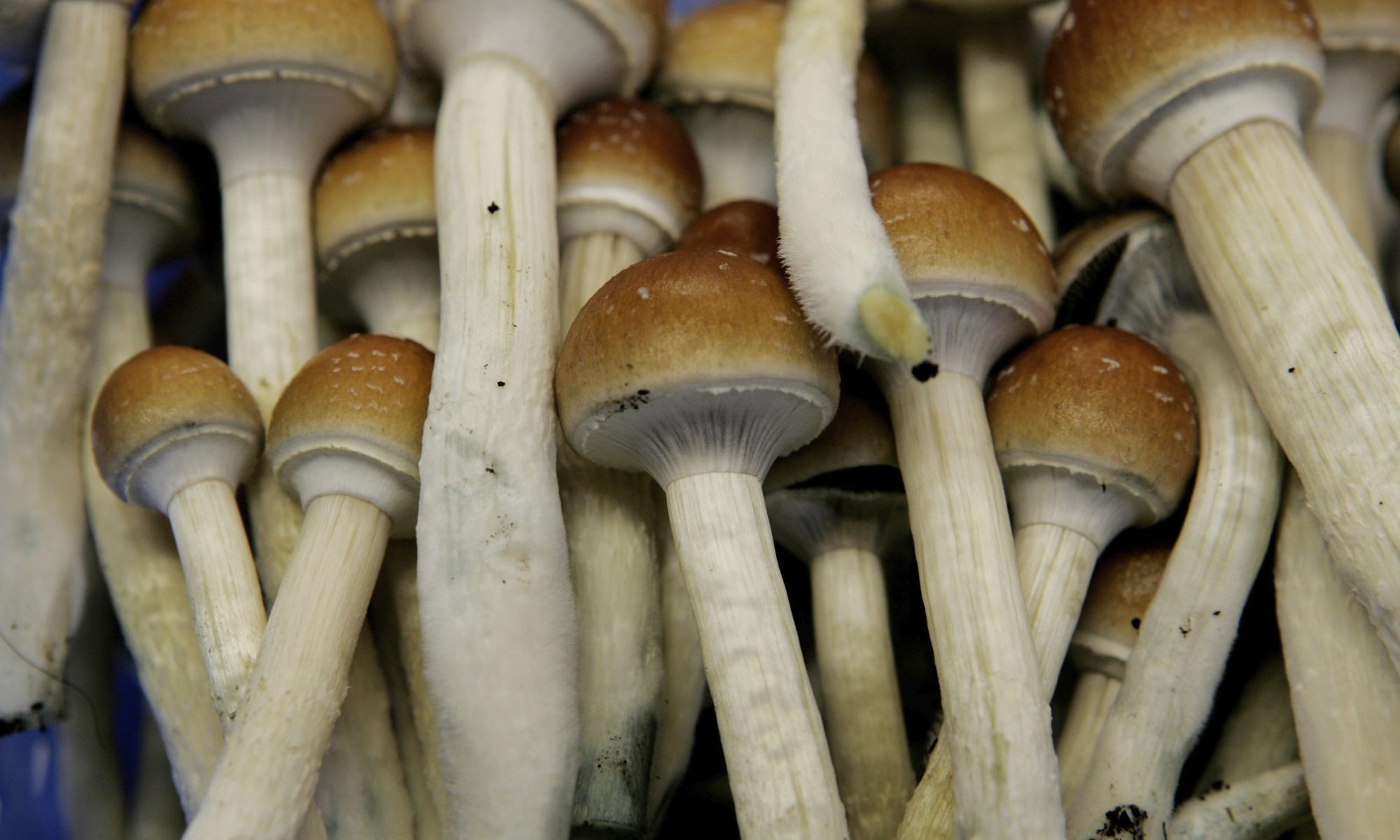Utah lawmakers are advancing three separate proposals to address kratom, a Southeast Asian plant often marketed for pain relief and energy. Republican Sen. Evan Vickers introduced SB48, targeting regulation of the chemical 7‑Hydroxymitragynine, and SB101, which would impose a tax on kratom products. Meanwhile, Sen. Michael McKell proposed SB45, which would classify kratom and its derivatives as Schedule I substances—effectively banning them.
Supporters of regulation argue for evidence-based oversight, while opponents of a full ban cite kratom’s role in managing chronic pain and opioid withdrawal. All three bills have cleared initial legislative hurdles and now head to further debate.
Read the full story by Ethan Rauschkolb at KUER.org.




















